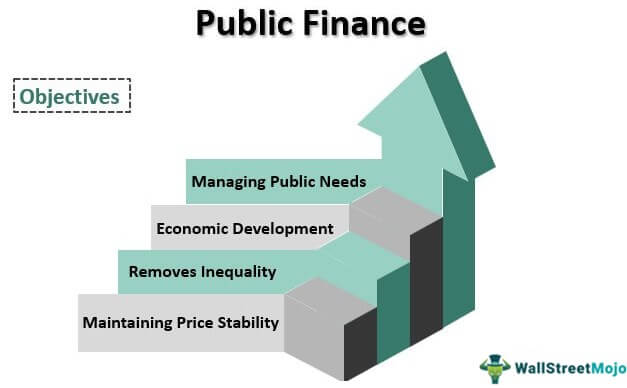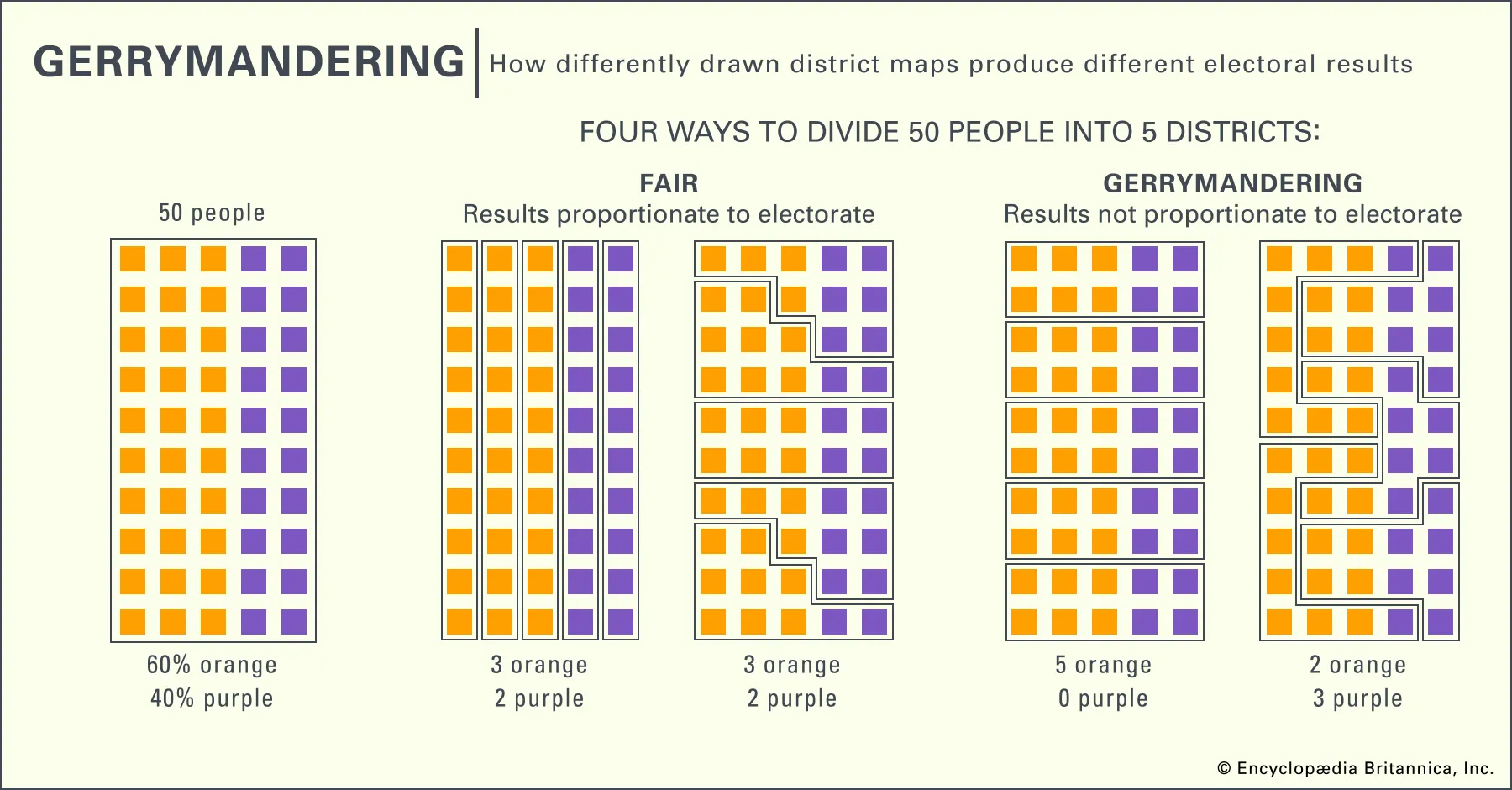Political Scandals' Trust Impact | Understanding Public Confidence
Explore how political scandals' trust impact shapes public confidence. Analyze the effects of scandals on trust in politics

The Ripple Effect: How Political Scandals Erode Public Trust and Confidence
Political scandals have been a recurrent feature of democratic societies throughout history. They captivate public attention, dominate headlines, and can have far-reaching consequences that extend beyond the individuals involved. One of the most significant repercussions of political scandals is their profound impact on public trust and confidence in government institutions and leaders. In this article, we will delve into the intricate relationship between political scandals and public trust, exploring how these events erode the foundation of democratic societies.
The Fragile Trust in Politics
Trust is the bedrock of any functioning democracy. Citizens must trust their elected officials and government institutions to make decisions that serve the greater good. However, political scandals can quickly shatter this trust. When a politician is embroiled in a scandal, whether it involves corruption, sexual misconduct, or other unethical behavior, the public begins to question the integrity of not only the individual but also the entire political system.
Distrust in Leadership: Perhaps the most immediate impact of political scandals is the erosion of trust in the leaders themselves. When a politician is implicated in wrongdoing, their constituents may wonder if their motives were ever genuine or if they were solely driven by personal gain. This cynicism can lead to disillusionment and a sense of betrayal among the electorate.
Doubts About Accountability: Scandals often reveal flaws in the accountability mechanisms of a political system. When politicians involved in scandals seem to escape justice or face minimal consequences, it raises questions about the fairness and effectiveness of the legal and ethical checks and balances in place.
Negative Perceptions of Institutions: Trust in political institutions, such as Congress or Parliament, can also be significantly affected. If a politician's scandalous behavior goes unchecked or unpunished, it can lead to the perception that these institutions are complicit in or tolerant of unethical behavior, further undermining public trust.
Reduced Civic Engagement: Political scandals can discourage civic participation. When citizens lose faith in their leaders and institutions, they may become apathetic or disengaged from the political process. This can lead to lower voter turnout, making it difficult for democratic societies to function effectively.
The Role of Media and Partisanship
The media plays a pivotal role in shaping public perceptions of political scandals. The way a scandal is reported can influence whether it has a lasting impact on public trust. Media outlets often have their own biases, and these biases can color the way they cover scandals. Additionally, partisan divides can lead to differing reactions to scandals, with some individuals more willing to forgive or dismiss wrongdoing if it involves a member of their own political party.
Media Sensationalism: Sensationalized coverage of political scandals can lead to a public perception that all politicians are inherently corrupt or untrustworthy. Media outlets may prioritize scandalous stories over substantive policy discussions, contributing to a perception that politics is primarily a realm of scandal and intrigue.
Confirmation Bias: People tend to interpret political scandals through the lens of their preexisting beliefs. Supporters of a politician may be more inclined to dismiss allegations or see them as politically motivated, while opponents may seize on scandals as evidence of inherent corruption.
Partisan Polarization: Political scandals can exacerbate partisan divisions. Instead of a unified call for accountability, scandals often lead to partisan bickering, with one side defending the accused and the other demanding justice. This polarization can further erode trust in the political system.
Rebuilding Trust After Scandals
While political scandals can have a corrosive effect on public trust, it is not an irreversible process. Governments and leaders can take steps to rebuild trust and restore confidence in the political system:
Transparency and Accountability: Elected officials must demonstrate a commitment to transparency and accountability. This includes cooperating with investigations, disclosing relevant information, and taking meaningful steps to address the issues that led to the scandal.
Ethical Leadership: Political leaders should lead by example and adhere to the highest ethical standards. A commitment to integrity and ethical behavior can help rebuild trust over time.
Reform and Oversight: Reforming institutions to strengthen their oversight and accountability mechanisms can help prevent future scandals and restore confidence in their ability to address wrongdoing.
Engagement and Dialogue: Engaging with the public in open and honest dialogue can help rebuild trust. Politicians should actively listen to their constituents' concerns and work to address them.
Media Responsibility: Media outlets have a responsibility to report on political scandals fairly and objectively, avoiding sensationalism and partisan bias. Journalists should prioritize providing the facts and context necessary for informed public judgment.
The Long-term Effects of Political Scandals
Political scandals often have enduring consequences that extend beyond their immediate aftermath. Here are some long-term effects:
Institutional Erosion: Repeated political scandals can gradually erode the credibility and effectiveness of governmental institutions. When institutions are seen as corrupt or ineffective, public faith in their ability to address societal issues diminishes, and this skepticism can persist for years.
Erosion of Social Cohesion: Trust in political institutions also contributes to social cohesion. When this trust is undermined, it can lead to increased polarization and social divisions. People may become more cynical and less willing to cooperate with those who hold differing political views.
Impact on Future Generations: The erosion of trust can impact how future generations perceive politics. Young people growing up in an era of scandal and distrust may become disenchanted with politics altogether, leading to a decline in civic engagement.
Economic Consequences: Trust in political stability and sound governance is essential for economic growth. A lack of confidence in political leadership can deter foreign investment, hinder economic development, and lead to financial instability.
Global Perspective
The impact of political scandals on public trust is not limited to a single country; it can reverberate on the global stage. International partners may question the reliability of a government embroiled in a scandal, potentially affecting diplomatic relations and cooperation on critical global issues.
The Role of Social Media
In the digital age, the proliferation of social media has changed the landscape of how political scandals unfold and are perceived. While social media can be a powerful tool for transparency and accountability, it can also amplify the negative consequences:
Rapid Spread of Information: Scandal-related information, whether accurate or not, can spread like wildfire on social media platforms. This can lead to the swift escalation of a scandal, often before all the facts are known.
Echo Chambers: Social media can reinforce existing beliefs and create echo chambers where individuals are only exposed to information that confirms their preconceived notions. This can lead to polarized views and hinder constructive dialogue.
Mobilization of Public Opinion: Social media can mobilize public opinion and activism, both for and against those involved in scandals. Online campaigns and petitions can exert significant pressure on political leaders and institutions.
Restoring Trust in the Digital Age
Rebuilding trust in the wake of a political scandal in the digital age presents unique challenges:
Addressing Disinformation: Governments and institutions must actively combat disinformation and provide accurate, evidence-based information to the public. Fact-checking and media literacy initiatives can help counter the spread of false information.
Transparency in the Digital Era: In an age of transparency and constant scrutiny, political leaders must embrace openness and accountability. This includes not only transparency in their actions but also in their digital communications and social media presence.
Online Civic Engagement: Encouraging meaningful online civic engagement is essential. Platforms can be used to facilitate constructive dialogues and discussions, rather than just echo chambers of outrage.
Political scandals have a profound impact on public trust and confidence in government institutions and leaders. Their effects are multi-dimensional and can linger for years, affecting not only the political landscape but also society, the economy, and international relations. In the digital age, managing the fallout of scandals and rebuilding trust requires a nuanced approach that combines transparency, accountability, and responsible use of social media. Ultimately, the resilience of democracies lies in their ability to learn from their mistakes, adapt, and restore the trust of their citizens.
What's Your Reaction?












